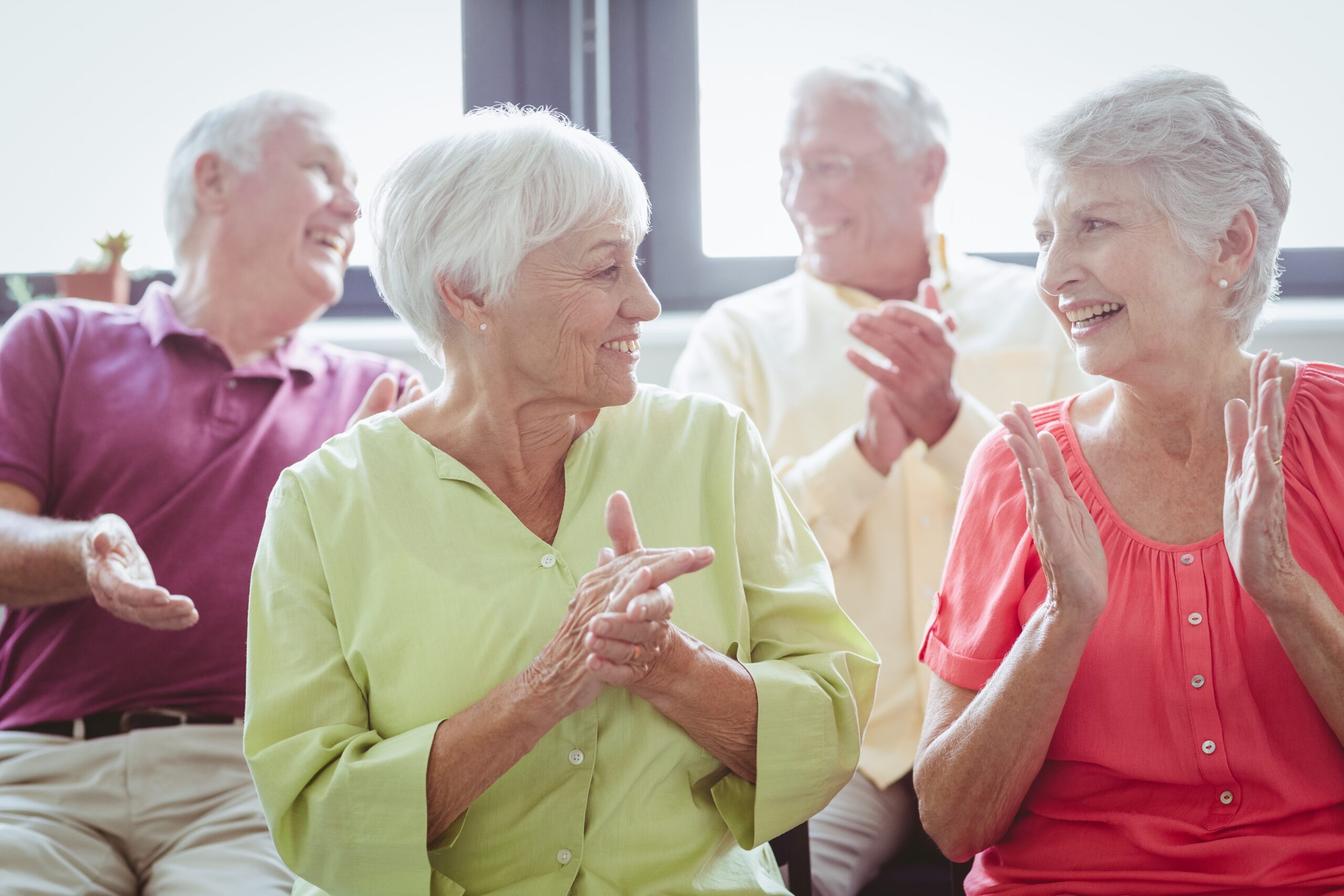Why do some people get more sensitive to kindness
Some people seem to be more sensitive to kindness than others, reacting deeply when they experience or witness acts of care and compassion. This heightened sensitivity can come from a mix of how their brains work, their life experiences, and personality traits.
One key reason is that some people are naturally more emotionally sensitive. Psychologists call these individuals Highly Sensitive Persons (HSPs). They process emotions and social cues more deeply than most. For example, an HSP might feel another person’s happiness or pain almost as if it were their own. This deep emotional processing makes kindness stand out strongly for them—they notice it more and feel its effects more intensely[5].
Another factor is empathy—the ability to understand and share the feelings of others. People with high empathy tend to care a lot about others’ well-being, which makes them very responsive to kind actions or words[5]. Their brains are wired in ways that make them pay close attention to how others are treated.
Life experiences also shape sensitivity to kindness. Trauma or difficult past events can make someone hypervigilant—always on alert for signs of danger or distress around them. In this state, acts of kindness may feel especially meaningful because they contrast sharply with previous pain or neglect[5]. Similarly, anxiety can cause people to overthink social interactions and become highly attuned not only to negative signals but also positive ones like kindness.
How we perceive who deserves help influences our response too. Research shows that some people naturally judge whether others “deserve” kindness based on context cues around merit or fairness[1]. Those who see many as deserving tend to be kinder overall but may still discriminate between individuals depending on these judgments.
Lastly, the environment matters: we often behave differently with strangers compared to loved ones because familiarity changes our tolerance levels for imperfections in those closest to us[2]. Sometimes this means we’re less patient at home but might respond strongly when unexpected kindness comes from outside our usual circle.
In summary:
– Some have a biological tendency toward emotional depth and empathy making them highly sensitive.
– Past trauma or anxiety heightens awareness of social signals including acts of kindness.
– Judgments about who deserves help affect how much kindness one shows.
– Familiarity changes how we react emotionally within relationships versus strangers.
This combination explains why certain people experience kindness so vividly—it touches parts of their brain and heart shaped by biology, psychology, and life history all at once.[1][2][5]





